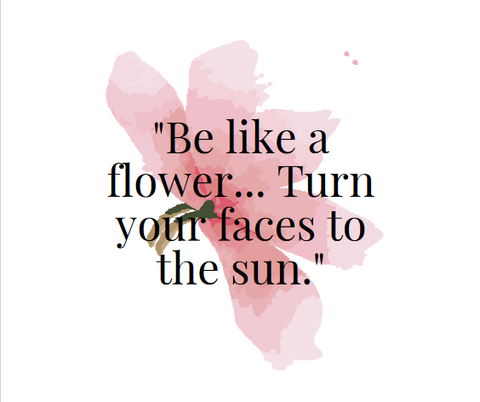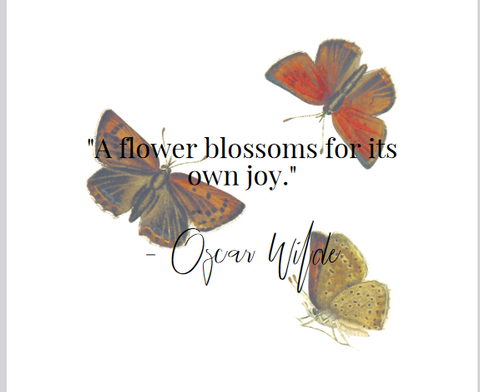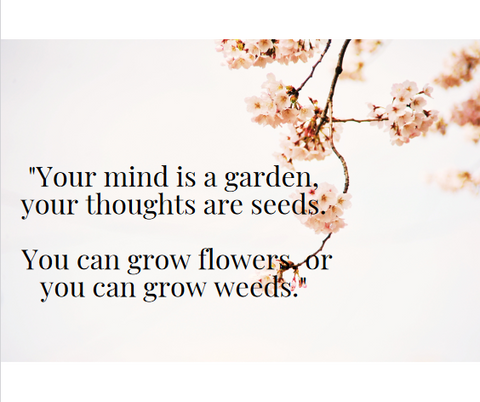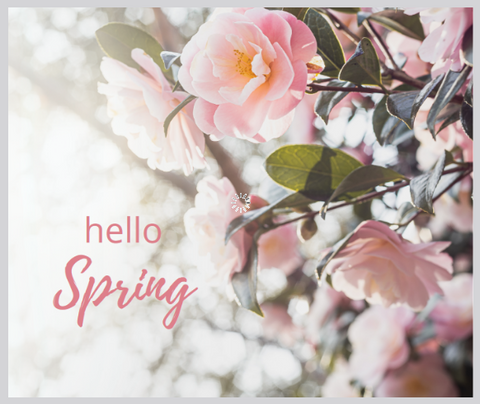Unlocking the Mysteries of Flower Metaphors
Flowers have been used throughout history as symbols of love, beauty, and purity. But beyond their aesthetic appeal, flowers also hold a rich symbolic language that can be used to communicate deeper meanings and emotions. In this article, we will explore the different ways in which flowers can be used as a metaphor for different aspects of life, love, birth, and death.
Life is often compared to the metaphor of a garden, with its ups and downs, cycles of growth and decay, and the need for patience and nurturing. Many flowers hold meaningful symbolism when it comes to the concept of life, such as the blossom of a cherry tree, which represents the fleeting nature of life, or the sunflower, which symbolizes resilience and the ability to keep growing even in the face of adversity. Other flowers, such as the daisy, represent innocence and childlike wonder, while the lotus flower is often used as a symbol of spiritual enlightenment and rebirth.
Love is perhaps the most common metaphor associated with flowers, and for good reason. The rose, for example, has long been associated with love and passion, with different colors representing different degrees of affection. Red roses are typically associated with romantic love, while yellow roses are associated with friendship and gratitude. Other flowers that are commonly used to symbolize love include the lily, which represents purity and devotion, and the forget-me-not, which symbolizes true love and remembrance.
Birth and new beginnings are also commonly associated with flowers, with their delicate petals and fresh, vibrant colors. The daffodil, for example, is often used to represent new beginnings, as it is one of the first flowers to bloom in the spring. Other flowers that are used as symbols of birth and renewal include the tulip, which represents spring and renewal, and the iris, which symbolizes hope and faith.
Finally, flowers can also be used to represent the concept of death and mourning. The lily, for example, is often associated with funeral services and is said to represent the restored innocence of the soul of the deceased. The white chrysanthemum is also commonly used in funeral arrangements and is said to represent the honest expression of grief and the fragility of life. Other flowers used in funeral services include the carnation, which represents the love and devotion of the bereaved, and the poppy, which symbolizes eternal sleep & peaceful rest.
Flowers As A Metaphor For Life
The special language and meaning of flowers


#flowers, #meaning of flowers
My dear old Mom won't let anybody buy her flowers. She says she can't stand to watch them die.

Which is probably a bit like saying she wouldn't own a puppy because she doesn't want to see it grow old, or read a book because she can't stand that it will end, or better yet, eat a chocolate because then it would all be gone and all she'd have left to remind her of the wonderful experience is the foil wrapper.

Whether you believe in the divine creator or the Big Bang theory, there's something to be said for whoever (or whatever!) created flowers.
I ask you. . . who is not awed by the beauty of a spring rose, fresh with dew, or the fresh appeal of a yellow buttercup, or the fiesta of colors in a bunch of gerberas (beautiful flowers, awful name!)

We've come to associate the germination and birth of a flower with life itself. We talk about children "blossoming", the "rosy red glow" of a pregnant woman or "happy as a rosebud in June". At the end of its brief but impressive life, most flowers return to the ground from whence they came, in much the same way as we humans do. Well, most of us.
And flowers have a special language all their own. Of course, the big one is roses, the traditional symbol of love. But don't be fooled into thinking a bunch of flowers from your partner is a sign of his undying affection.


According to the Victorians, who first assigned a special language to flowers, giving Candytuft means indifference, and Cyclamen represents goodbye, while the poor old orange Lily means dislike and dissatisfaction.
Pity the poor fellow who presents a prettily wrapped bouquet of flowers to his lady-love. The flowery language of love he's trying to send may need translation!


